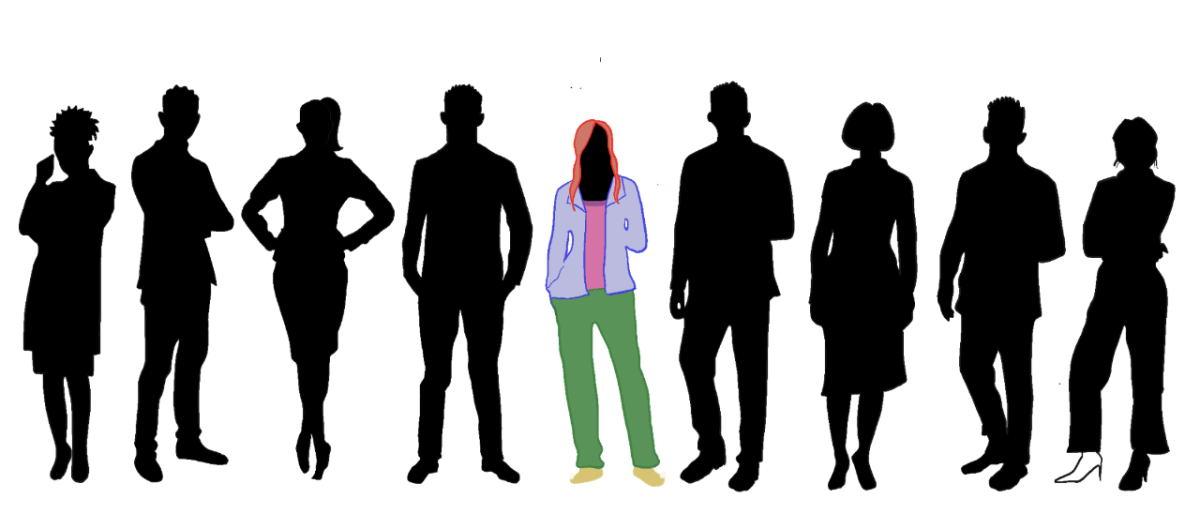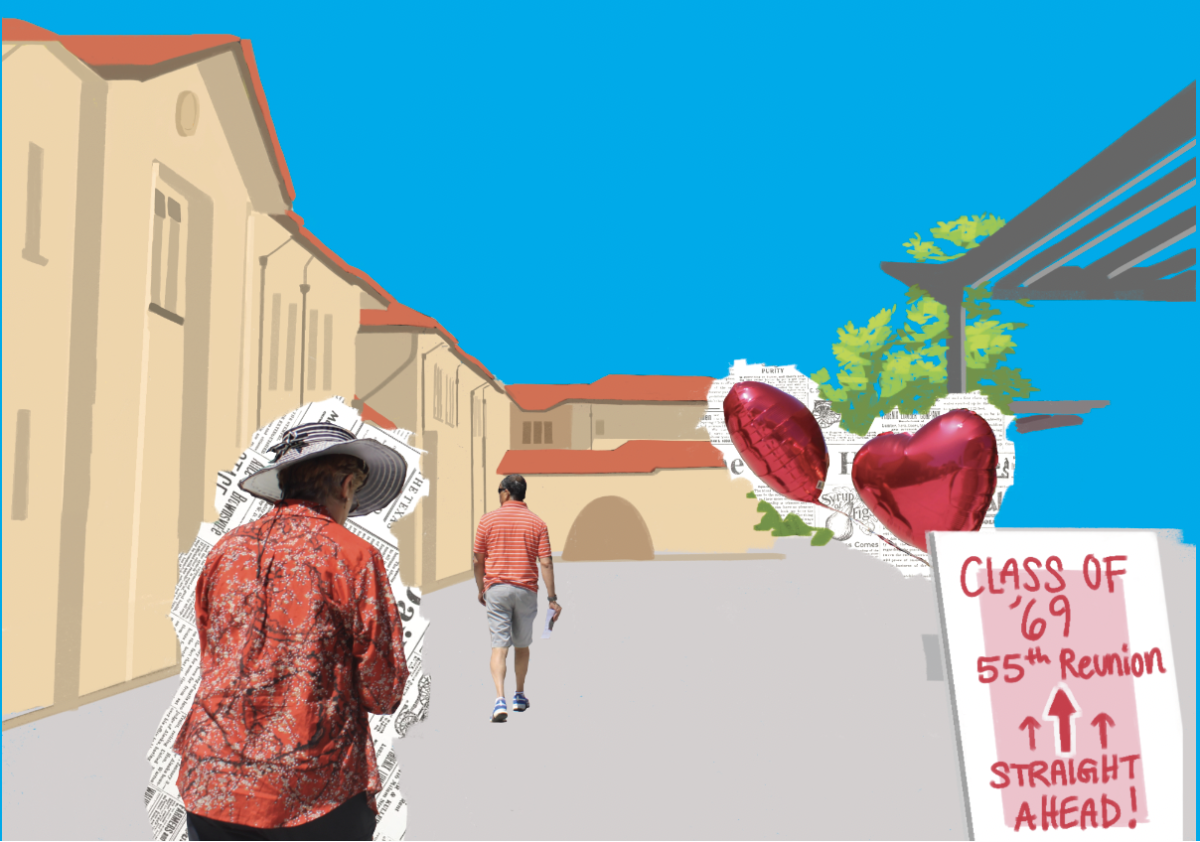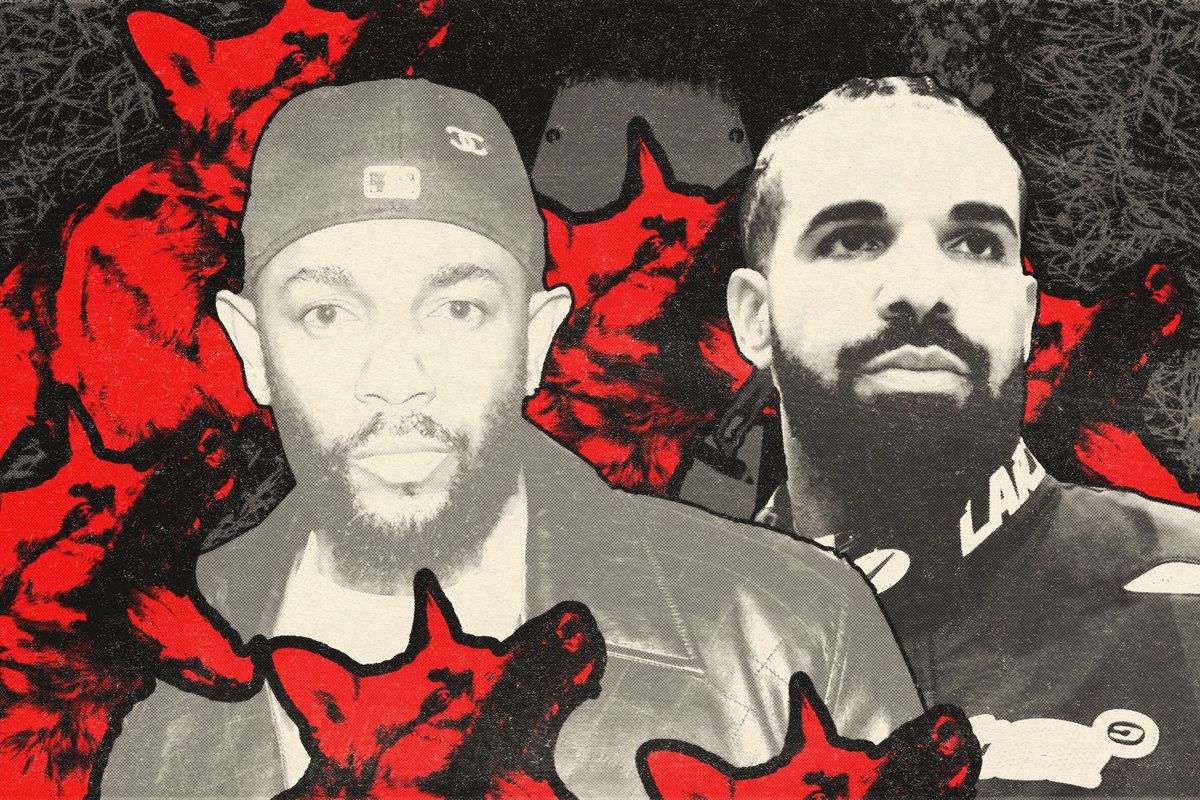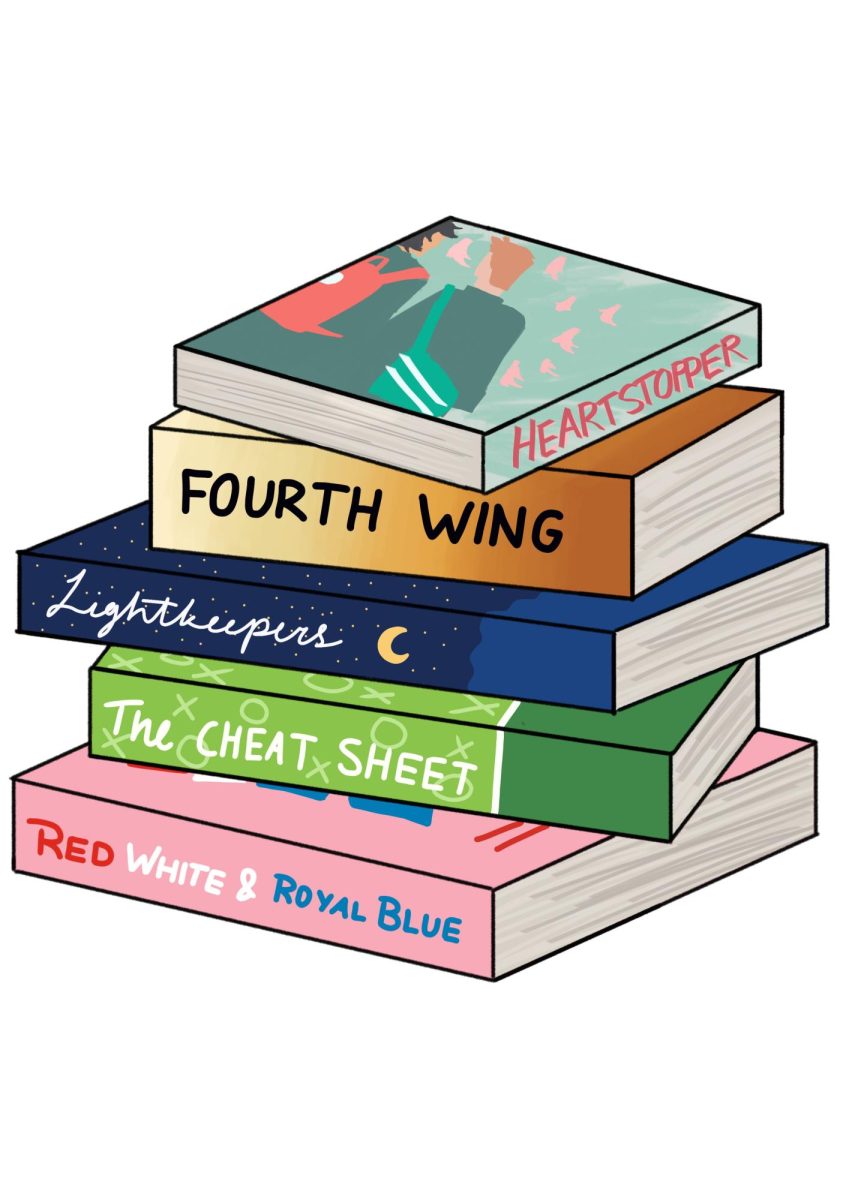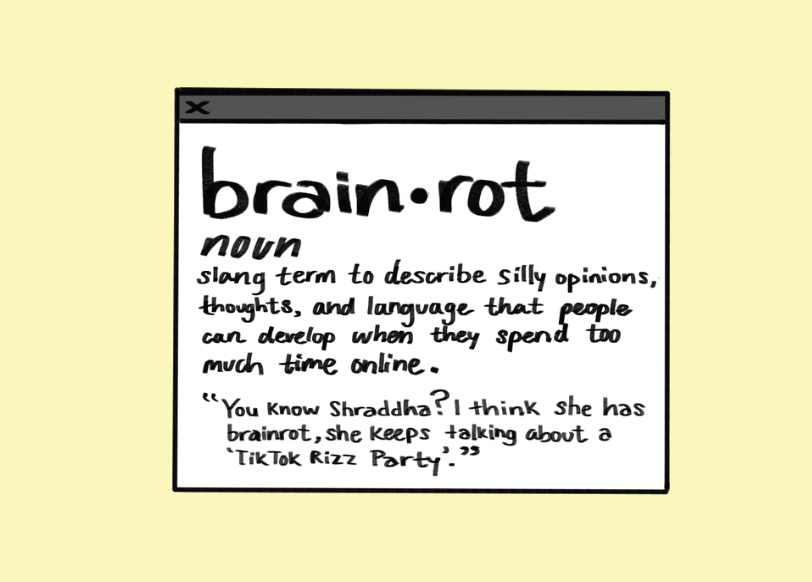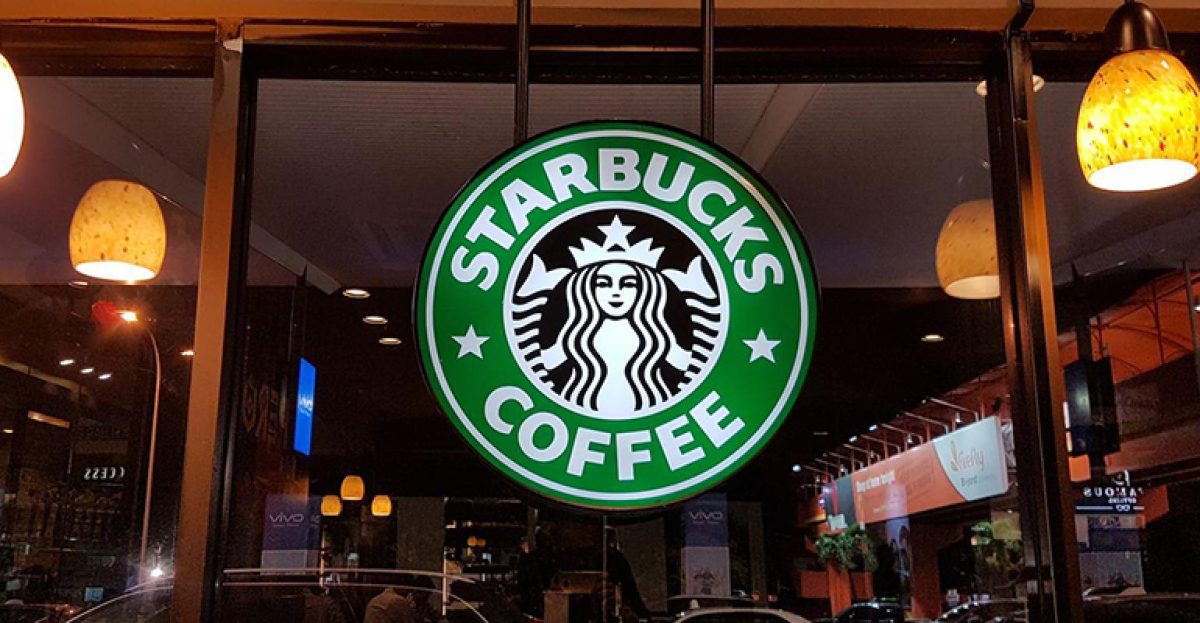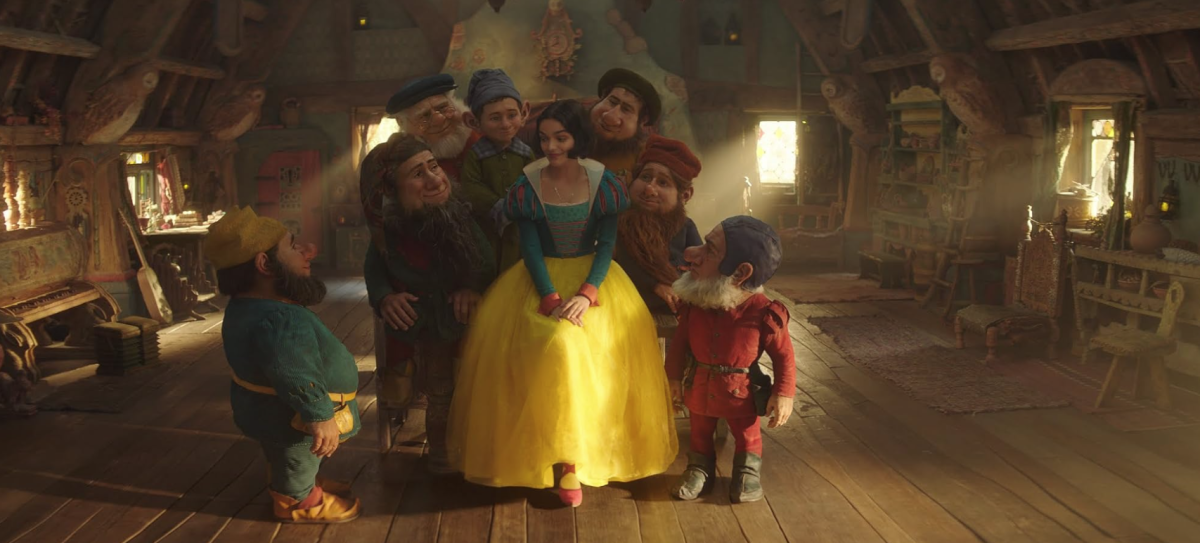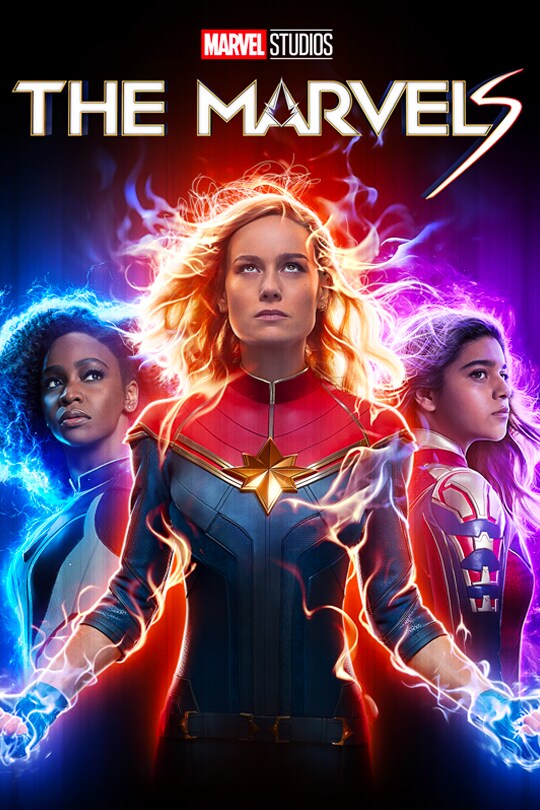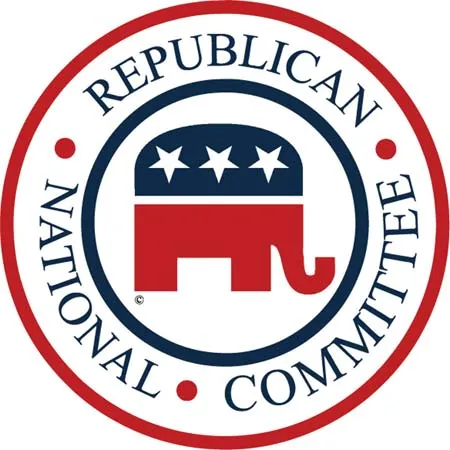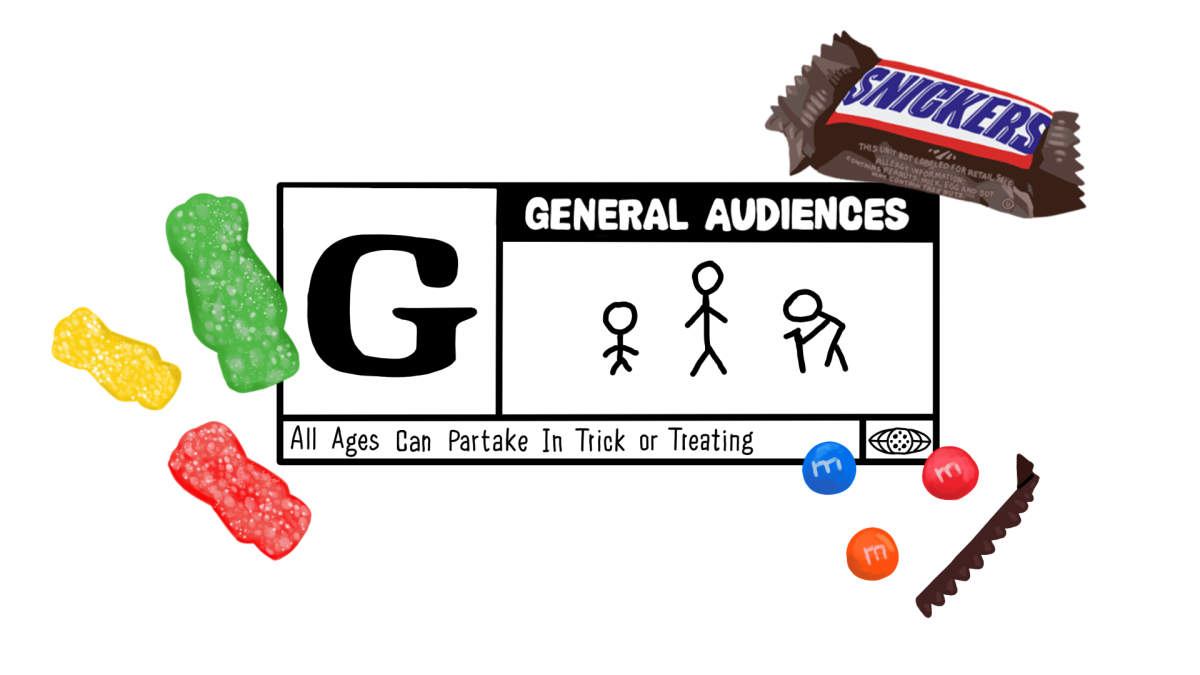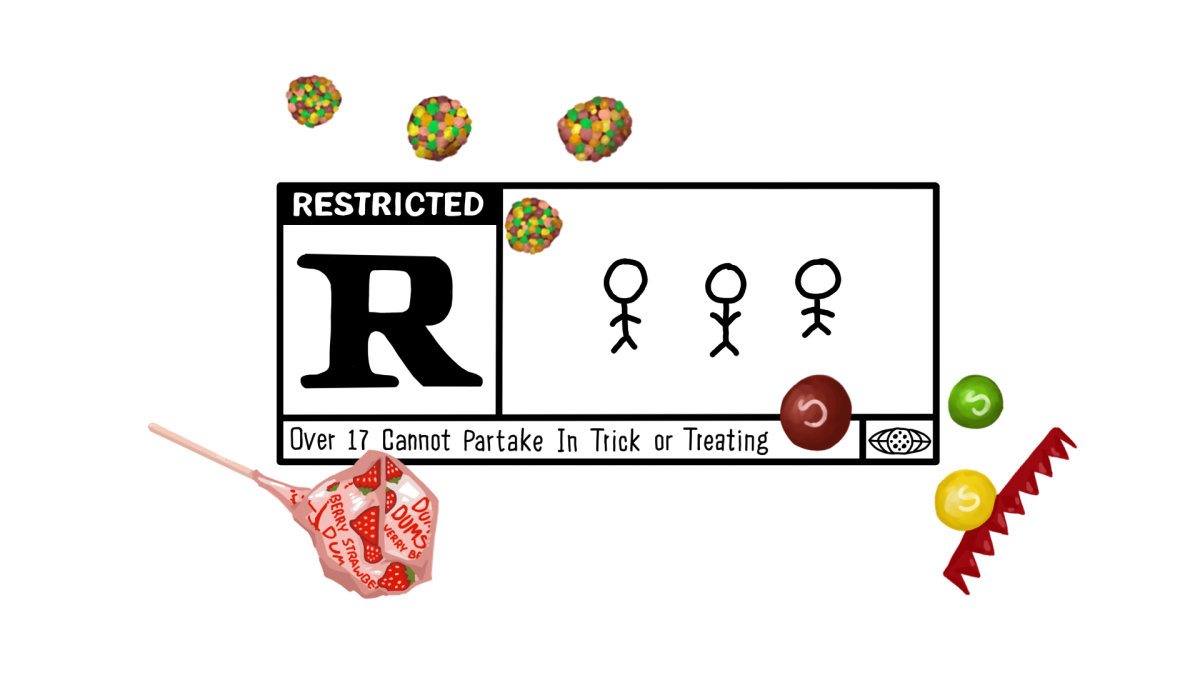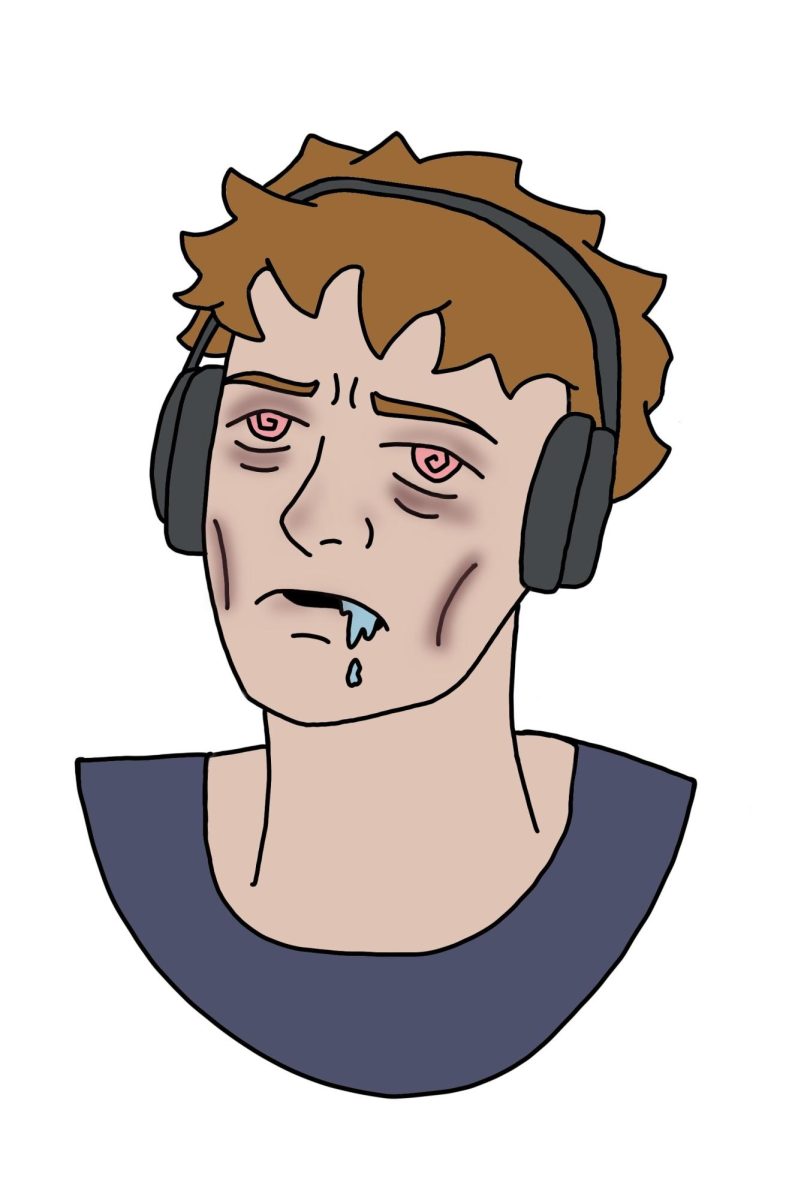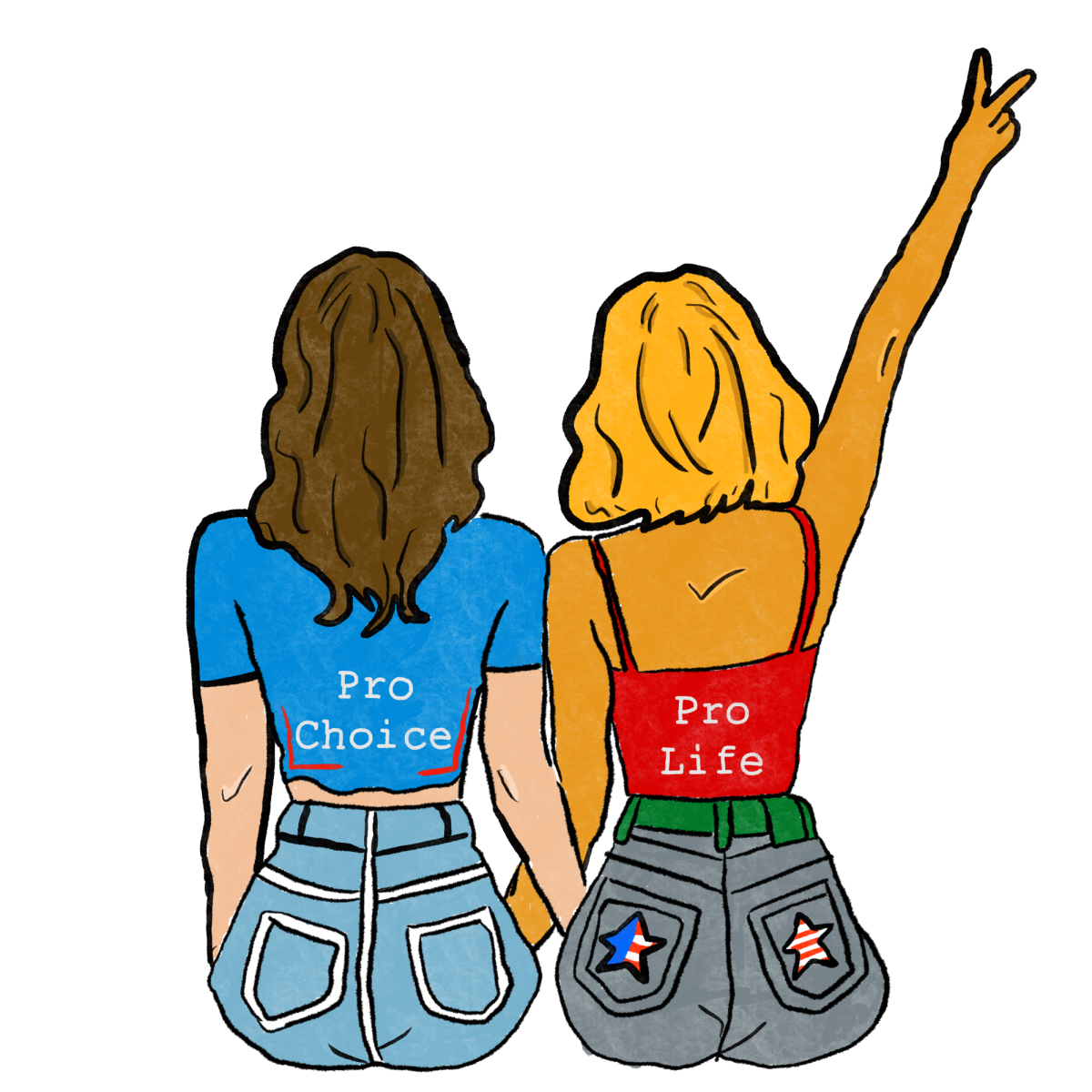As your friend scrolls through their Instagram feed, they notice a girl in the background and casually comments, “Look at that girl. She’s so basic.”
What do you expect to see? Balayaged hair swept up in a “messy” bun? Plaid pajama pants with Uggs, perhaps? Or maybe even a face caked in layers of concealer, just a shade too dark to pass as normal?
No. It is worse. In her hand, monstrous, cylindrical and orange, a grande pumpkin spice latte. The Starbucks logo on the side of the slightly perspiring cup taunts you.
The term “basic” has gained notoriety in recent years. It is used to describe people who seem to follow the latest trends without critical thought or personalization. Often, these individuals are stereotyped as enjoying pumpkin spice lattes, selectively listening to songs on Billboard’s Top 100 and taking pictures of their avocado toast. While these behaviors are not inherently negative, society has attached a sense of judgment and condescension to them, making those who exhibit such tendencies the target of ridicule. People today are more concerned about standing out and being unique than ever before, even in seemingly meaningless things such as taste in music.
The craving for uniqueness is a natural human desire. We want to stand out, be recognized for our individuality and differentiate ourselves from the crowd. In this pursuit of distinction, people tend to distance themselves from anything that is perceived as too popular or mainstream. This often leads to the labeling and mockery of those who seemingly conform to the trends of the day.
However, being “basic” should not be a bad thing. Just because a lot of people watch a certain movie, dress a certain way or listen to a certain song does not mean they are shallow or forcefully assimilating themselves for approval. Things are popular because they are generally enjoyable.
But, for some reason, girls especially are ridiculed for engaging in popular interests. Anything associated with teenage girlhood becomes something of a societal taboo and is viewed as inferior and trivial. As drinking iced coffee and exclusively listening to Taylor Swift are somehow seen as traits that make a person lack complexity. Girls start to turn against each other. They believe they have to change if they want to be accepted. “I’m not like the other girls,” they say. “I’m better. I’m different.”
In the history of society, originality has mostly been viewed as a positive trait to have. Most people imagine themselves as unique beings, sticking out from the others with praiseworthy individuality. However, very few people in the world actually stick out in society; does this mean that ordinary people are without value? Obviously not, all people are special, right?
But this raises an interesting point. If each of us are unique and special, then that must mean that none of us are. If the norm is special, then being special is meaningless. People are hard wired to feel special, or otherwise want to feel special from the moment they gain social awareness. Parents, who treasure their children, tend to see us as special and teach that to us, making us either want to be special to justify their views, or grow up thinking we are naturally unique and special.
There are roughly 8.071 billion people in the world right now, and that number is increasing rapidly. The possibility of any one of us being more special than anyone else is borderline statistically impossible. Things I have experienced have been experienced by many thousands before me, and many thousands will experience the same after me.
Everyone is unique in the sense that there is nobody in the world who is exactly like them. There never has been before, and never will be ever again. Instead of trying to be unique and better than everyone else, being great in your own way is just as fulfilling.


